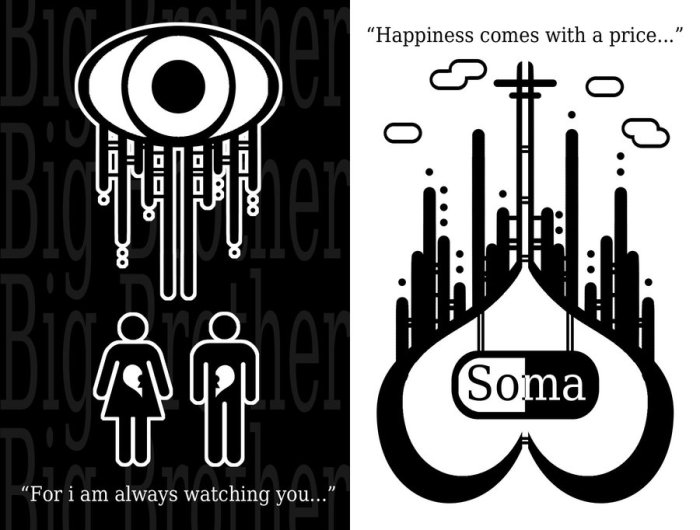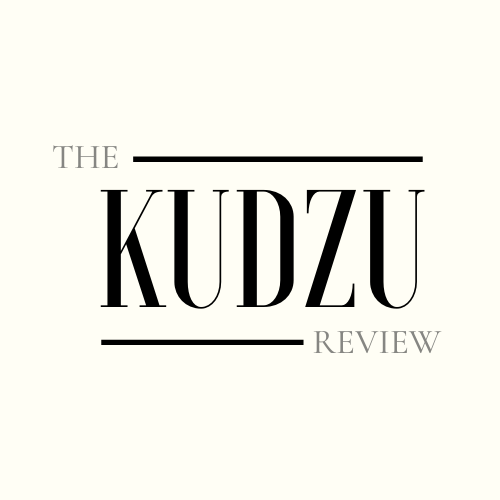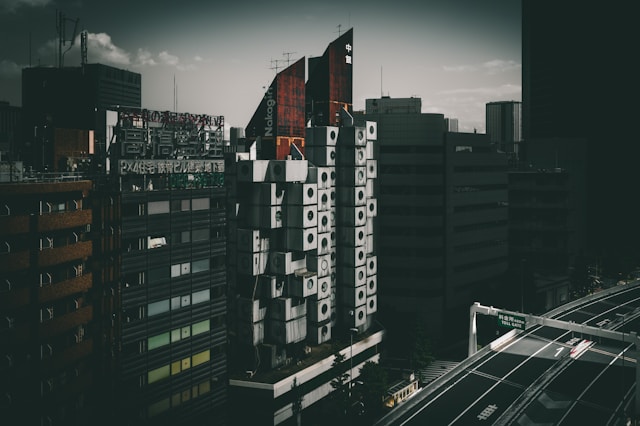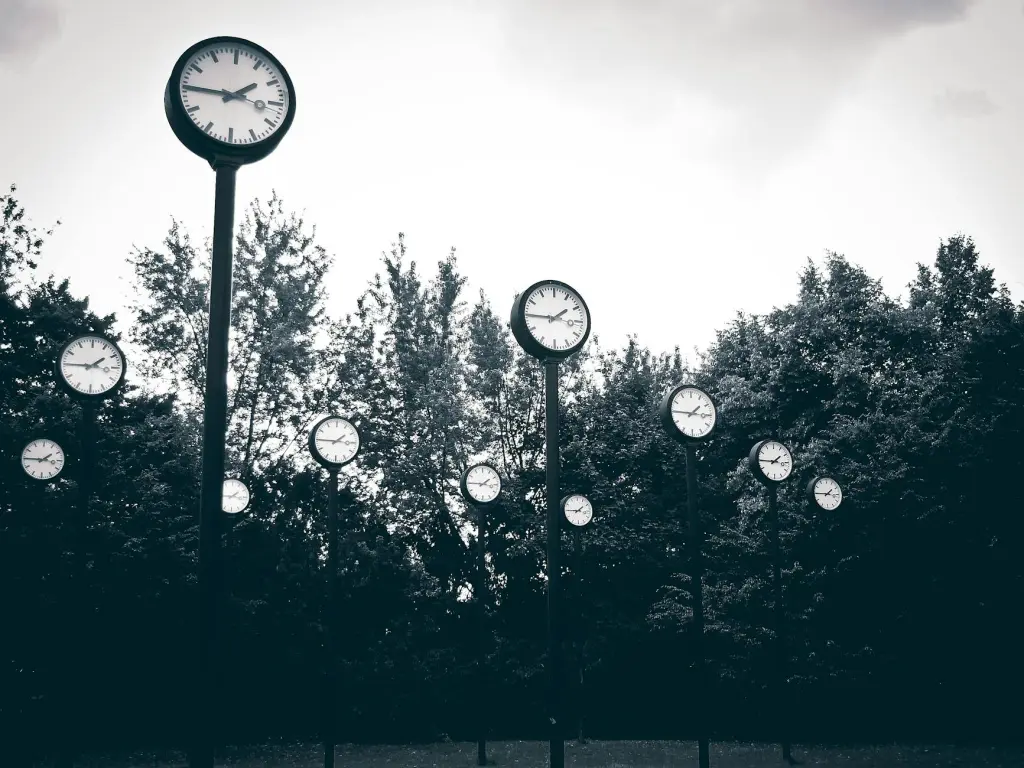by Jameson Lombardy

Taken From: https://www.deviantart.com/chocoghost/art/sci-fi-projects-best-out-of-3-306646322
It can be easy to believe that each fiction piece you read exists in a vacuum. But the truth is that every great piece of literature exists among the literary canon, and to truly glean every insight that a piece has to offer, you need to understand the context of the work, the pieces that came before and influenced it, and the impact it had on the literary canon when it was introduced. This is best evidenced by the necessity of reading dystopian staples 1984 and Brave New World together to fully understand their parallel messages.
Almost everyone has at least heard of, if not read, George Orwell’s 1984. References to its impact both inside and out of the literary world are commonplace. Since its release, the book has been used as an argument against government tyranny and celebrated as one of the most banned books of all time. 1984 certainly deserves these laurels, but as a device for understanding the signs and symptoms of government oppression, it is as inseparable from Brave New World as an axe is from its handle.
A little less than twenty years prior to 1984’s release, Aldous Huxley, an author and one-time mentor of Orwell, released his dystopian prediction Brave New World, a novel that described a “World State” in which babies are developed in labs rather than wombs, and designed for singular purpose in a world-wide system led by a cabal of ten world commanders. Social castes are reinforced with genetic alterations and citizens are kept pacified with weekly rations of mood-altering drugs and copious amounts of sex, as well as a plethora of state-controlled entertainment to keep the populace busy and distracted from the reality of their lives.
Anyone who’s read 1984 by now is realizing that the society Orwell described in his novel is the direct opposite of the one Huxley has created in Brave New World. Where Oceania’s citizens are kept in line with fear tactics, barbaric punishments, incessant policing, and misinformation and propaganda campaigns, citizens of the World State will never rebel because of how blinded they are by state-sponsored hedonism.
This is not a coincidence at all. As I mentioned earlier, Huxley was at one time Orwell’s teacher, and 1984 is not only a novel, but a long-form response to Huxley’s prediction of the future in Brave New World. These two books exist as two sides of one debate between student and teacher, both feeling that current events in the world following the conclusion of WWII and the reshaping of much of Europe might cause governments to trend towards tyranny, but disagreeing about how that tyranny would manifest itself. In fact, while Orwell was writing his novel, he maintained a personal correspondence with his former professor, who remained adamant that his own prediction was more likely.
Despite this connection, somewhere along the line the two pieces have become largely separated in education today, with most students being taught 1984 at some point during their schooling, and yet teaching of Brave New World is almost unheard of. In fact, in the most recent string of book bannings in Orange County schools, Brave New World was among those deemed too controversial to teach while 1984 was spared, despite both novels being about different means to the same end.
These novels are both insightful, moving, and dramatic narratives on their own, but when read independent of the other, they lose a significant portion of their meaning. The reason they are so often separated is because while they both describe a society that is the captive of their governments, one describes a society fallen to dramatic right-wing policies, and the other to dramatic left-wing policies. To truly grasp the lesson that spans these two novels, to learn what to be aware of when looking for the signs of tyranny in our governments, we must understand the virtues and the dangers of both camps. That is why it is so important that every reader, every student, and every citizen of every government should not just read one of these novels, but both.

Jameson Lombardy is a senior in the creative writing program at FSU from Satellite Beach, Fl. In addition to his role as assistant fiction editor with the Kudzu Review, he is also a third-year performer with the Flying High Circus. In his free time, he enjoys playing pool, watching movies, and reading comic books from the early 2000’s. He’d like to thank everyone at the Kudzu Review for the opportunity to edit the magazine this semester, and he encourages any readers to apply to join the staff.
Want to read more? Check out our most recent posts below!






Leave a comment